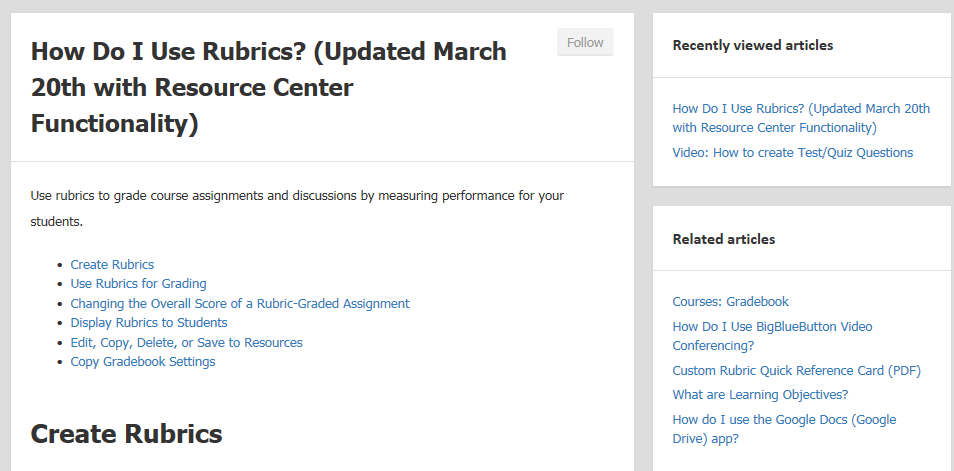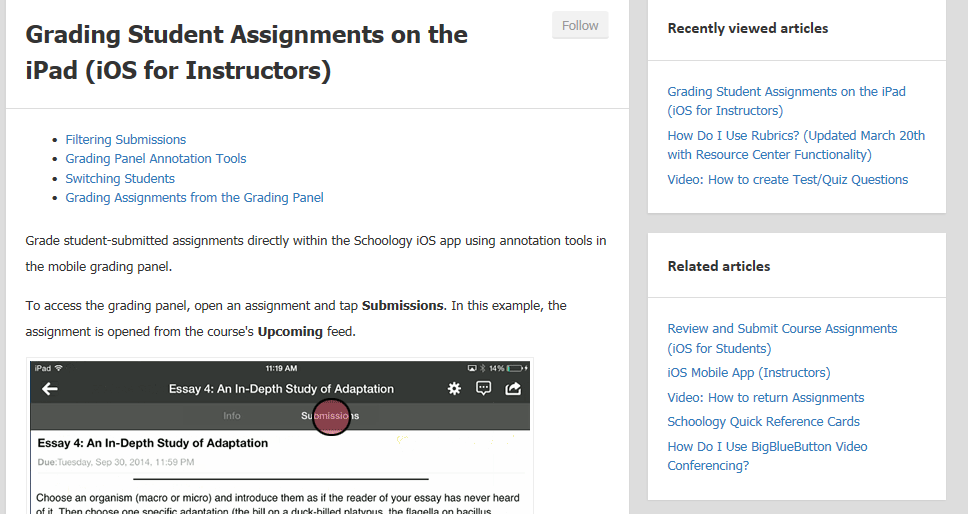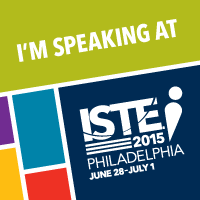2 Comments
For our second TechBreak, Professor Shawn Daley from Concordia University's Graduate School of Education joined us for a round-table discussion about the current and upcoming trends in educational technology (both strategies and tools). Participants were inspired by Prof. Daley's synopsis.
"Flipped" or "blended" learning has been widely discussed and is backed by strong research. Prof. Daley suggested that teachers interested in exploring videos as an option for a flipped lesson or unit should remember to: --keep videos under 10 minutes (even shorter if possible) --make sure the videos are funny, visually interesting, and engaging. Prof. Daley suggested using Tellagami, GoAnimate, Adobe Voice and other similar tools. --offer videos for ideas or concepts in which they will be most useful--too many videos results in loss of student interest and attention. Videos designed to help students with specific, frequently-encountered problems are often the best. Augmented reality activities are becoming more and more popular, and not just for teacher use. Of course, here at SMA we had a great example in Carrie Yerton's anatomy students who learned about bones by watching videos with the Aurasma app. But Prof. Daley suggested that students could also create videos related to common problems or questions that teachers can then attach to objects in a room for students to view whenever they need to. The need for more intentional Digital Citizenship is growing. According to Prof. Daley, new social media tools launch almost every day, and many of them are now offering users the option to be anonymous. As educators, of course, concerns arise regarding how students use these tools to communicate with or post information about each other. Prof. Daley encouraged the TechBreak participants to learn more about what students are doing online and have purposeful conversations with them about the potential ramifications of such behavior. The discussion then moved to the exciting new ways schools are finding to use technology to help students be more creative in their learning. We discussed genius hours (pioneered by Google), design thinking, gamification, and maker cultures. Prof. Daley pointed out that the comment element in all these activities is taking risks with topics or ideas that students find truly relevant outside the classroom. Final thoughts? Technology by itself is of course not enough. But when educators and students work together to use technology as a doorway to relevant, expanded, global, and creative learning, then they are truly making it possible for students to be successful as life-long learners and problem-solvers. |
"I am passionately curious..."Albert Einstein called himself this, and I love the idea. I too am passionately curious about what other great minds are creating and sharing. I have curated here some thought-provoking resources to assist our amazing SMA faculty as they progress in their 1:1 iPad journey. Looking for more resources? Check out my Pinterest boards below...
Archives
June 2015
Categories
All
|



 RSS Feed
RSS Feed